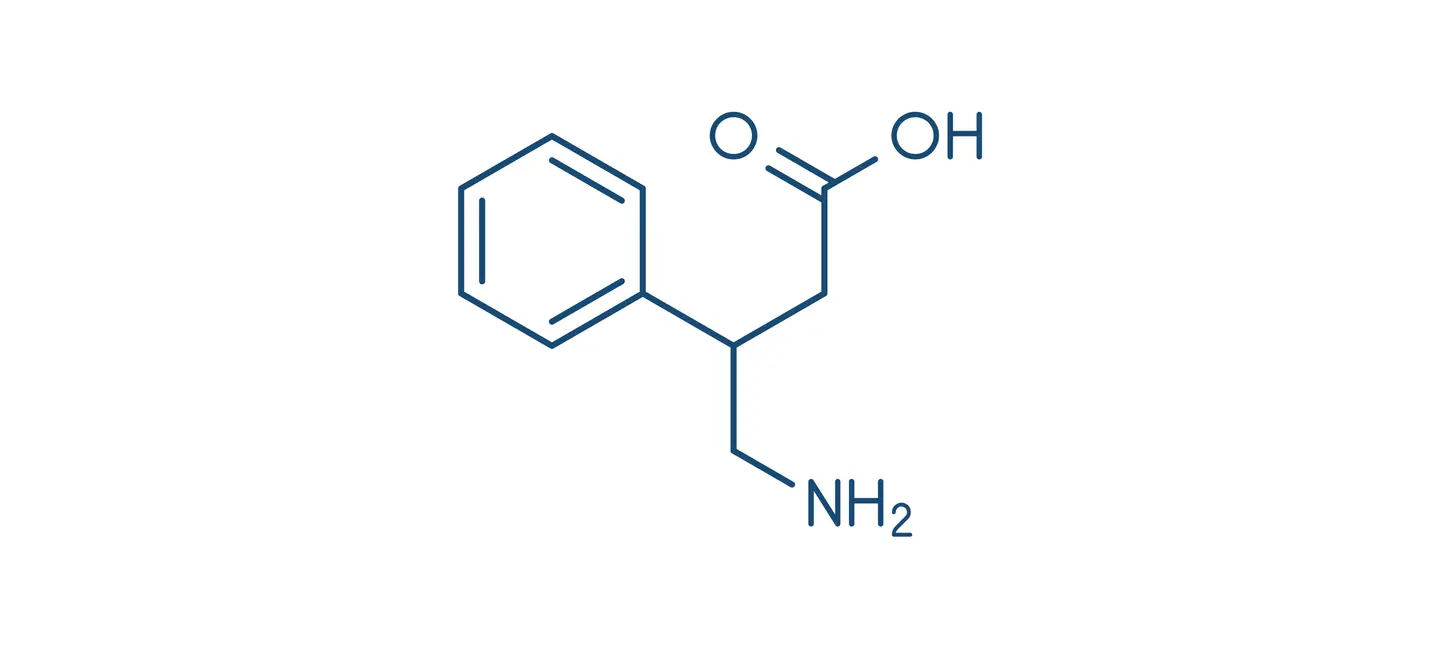
Phenibut is a chemical similar to a brain chemical called gamma-aminobutyric acid (GABA). It's used recreationally and as a drug in Russia. It may be unsafe.
Phenibut might decrease anxiety and have other effects on the body, but most research on phenibut has been published in Russia.
People use phenibut for anxiety, alcohol use disorder, insomnia, depression, stress, and many other conditions, but there is no good scientific evidence to support these uses.
Phenibut is approved for use in Russia and some Eastern European countries. Due to safety concerns, it's not approved in the US for use in dietary supplements. Don't confuse phenibut with GABA. These are not the same.
Is It Effective?
There is interest in using phenibut for a number of purposes, but there isn't enough reliable information to say whether it might be helpful.
Is it Safe?
When taken by mouth: Phenibut is likely unsafe. Phenibut can cause many side effects, including reduced consciousness, dizziness, nausea, poor balance, and fatigue. Taking large doses can cause trouble breathing, unconsciousness, and death.
Phenibut can cause dependence. People who use phenibut for 3 days or more and then stop taking it might experience withdrawal symptoms. These symptoms can include decreased appetite, nausea, muscle aches, fast heart rate, anxiety, agitation, trouble sleeping, and seizures.
Special Precautions & Warnings:
Pregnancy and breast-feeding: There isn't enough reliable information to know if phenibut is safe to use when pregnant or breast-feeding. Stay on the safe side and avoid use.
Pregabalin (Lyrica)
Interaction Rating=Moderate Be cautious with this combination.
Phenibut acts on the brain in a similar way to pregabalin. Taking these two chemicals together might increase the risk for side effects.
Sedative medications (CNS depressants)
Interaction Rating=Moderate Be cautious with this combination.
Phenibut might cause sleepiness and slowed breathing. Some medications, called sedatives, can also cause sleepiness and slowed breathing. Taking phenibut with sedative medications might cause breathing problems and/or too much sleepiness.
Herbs and supplements with sedative properties: Phenibut might cause sleepiness and slowed breathing. Taking it along with other supplements with similar effects might cause too much sleepiness and/or slowed breathing in some people. Examples of supplements with this effect include hops, kava, L-tryptophan, melatonin, and valerian.
There are no known interactions with foods.
Despite being banned in the US, phenibut is still found in some dietary supplements. Most products containing phenibut are sold online. Taking phenibut is unsafe and can lead to dependence and withdrawal.
4-Amino-3-Phenylbutyric Acid, Acide 4-Amino-3-Phenylbutyrique, Acide Bêta-Phényl-Gamma-Aminobutyrique, Agente Gabaérgico, B-(Aminomethyl)Benzenepropanoic Acid, Beta-(Aminomethyl)Hydrocinnamic Acid, B-Phenyl-Gamma-Aminobutyric Acid, Beta-Phenyl-GABA, Bêta-Phényl-GABA, Beta-phenyl-gamma-aminobutyric acid, Fenibut, Phénibut, Phenigam, PhGaba, Phenigamma, Phenygam, Phenyl-GABA, Phényl-GABA.
Information on this website is for informational use only and is not intended to replace professional medical advice, diagnosis, or treatment. While evidence-based, it is not guaranteed to be error-free and is not intended to meet any particular user’s needs or requirements or to cover all possible uses, safety concerns, interactions, outcomes, or adverse effects. Always check with your doctor or other medical professional before making healthcare decisions (including taking any medication) and do not delay or disregard seeking medical advice or treatment based on any information displayed on this website.
© TRC Healthcare 2024. All rights reserved. Use and/or distribution is permitted only pursuant to a valid license or other permission from TRC Healthcare.
